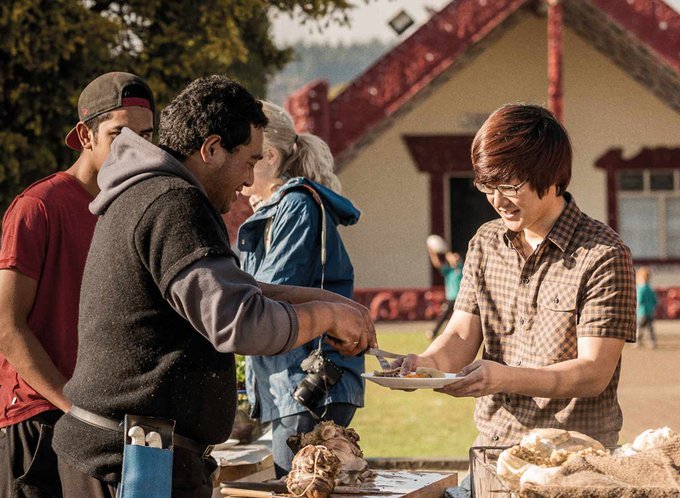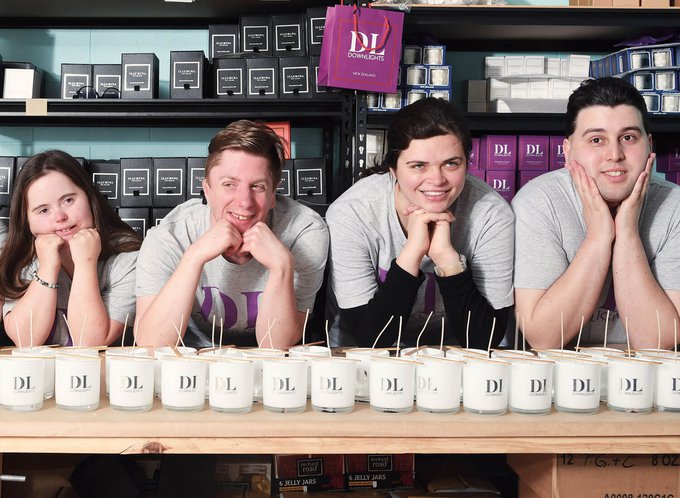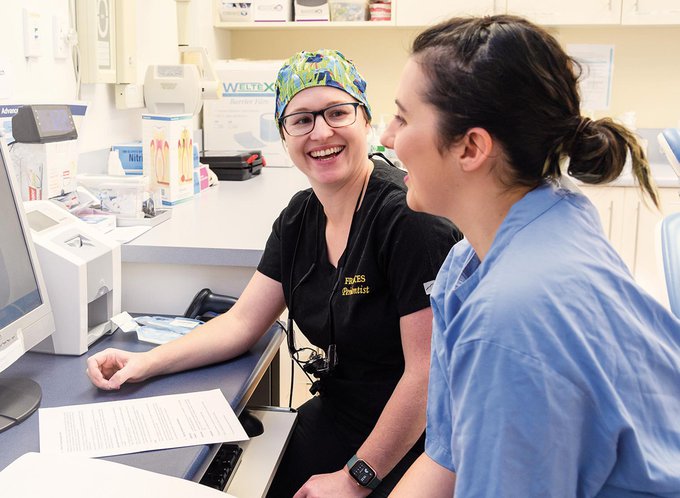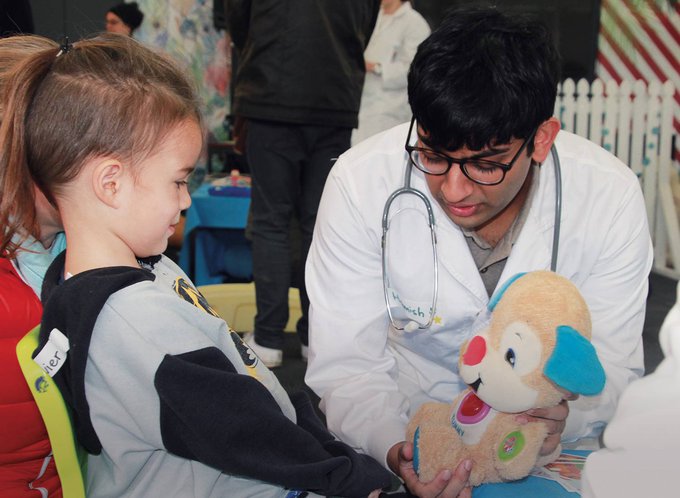With its motto of “feeding bellies not bins”, Everybody Eats rescues food that would otherwise go to waste and turns it into a three-course menu in its growing restaurant chain. Run by professional chefs and an army of volunteers, its “pay as you feel” dining concept tackles a whole lot more than food waste.
By Angela Robinson
It’s almost 6pm and the dinner service at Everybody Eats’ Onehunga restaurant is about to start. The promise of a Sunday roast never fails to draw a crowd, and hungry diners are lining up outside. The restaurant manager swings open the doors, and guests, relieved to escape the chill, are greeted warmly and ushered to their tables.
Everybody Eats is a communal dining experience that sees homeless people rub shoulders with white-collar workers. There’s a feel-good vibe in the restaurant that’s like walking into a warm hug. The service staff are there because they want to be, and everyone is contributing to a cause greater than themselves.
One man’s vision
There’s been a steady stream of accolades for Nick Loosley, who in 2020 won the Kiwibank New Zealand Local Hero of the Year Award for Everybody Eats. His first pop-up restaurant opened its doors in 2017 in Auckland’s K Road. Following a successful crowd-funding campaign, he opened a permanent Auckland location in Onehunga in 2019. Last year, pop-ups in Papamoa and Wellington were added to the group, and further locations are planned.
The community hero spotlight is not one that Nick is particularly comfortable with. Unlike most restaurateurs, his mission is to go out of business.
“The best outcome would be that there isn’t a need for places like Everybody Eats, because food waste and food poverty are no longer an issue,” he says.
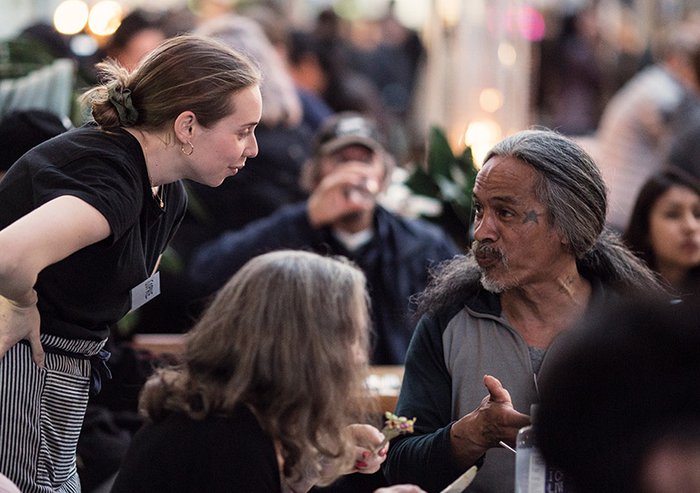
A volunteer chats with a diner at Everybody Eats – credit: Alex McVinnie
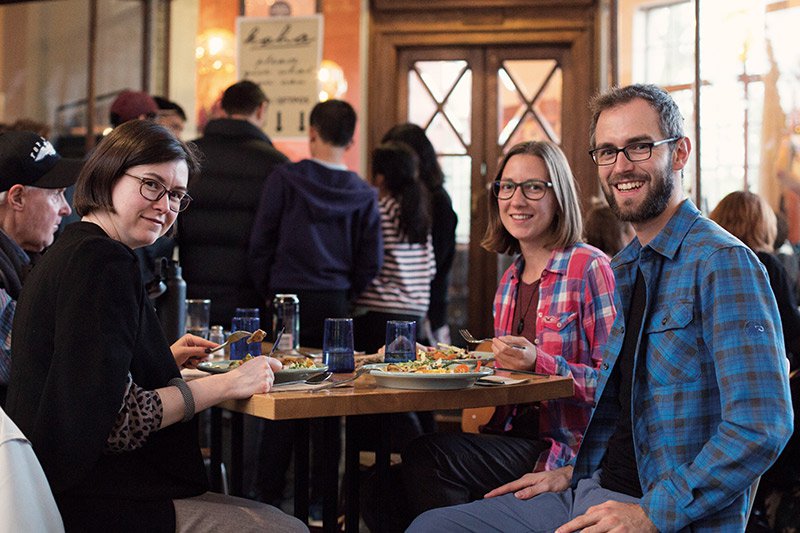
Top / A volunteer chats with a diner at Everybody Eats – credit: Alex McVinnie
Bottom / Diners choose how much they pay for their meals and pay at their tables – credit: Alex McVinnie
Diners choose how much they pay for their meals and pay at their tables – credit: Alex McVinnie
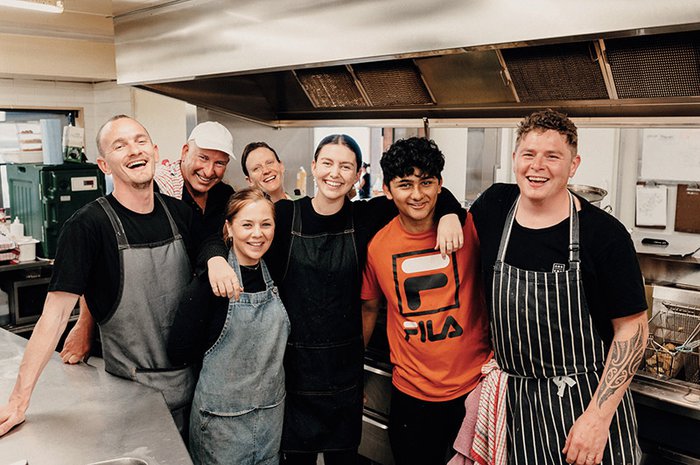
Professional chefs prepare and plate the three-course meals with help from volunteers
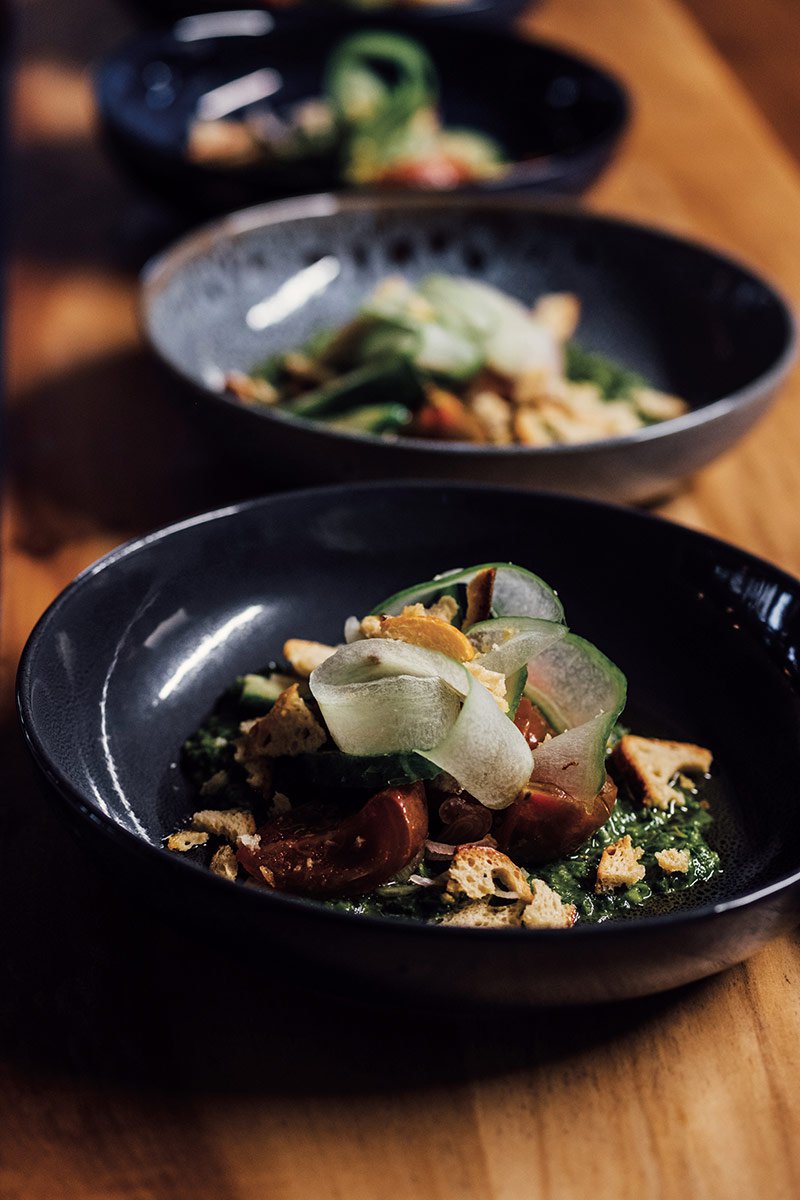
Top / Professional chefs prepare and plate the three-course meals with help from volunteers
Bottom / Three courses are prepared by chefs, often using ingredients donated by retailers and producers – credit: Alex McVinnie
Three courses are prepared by chefs, often using ingredients donated by retailers and producers – credit: Alex McVinnie
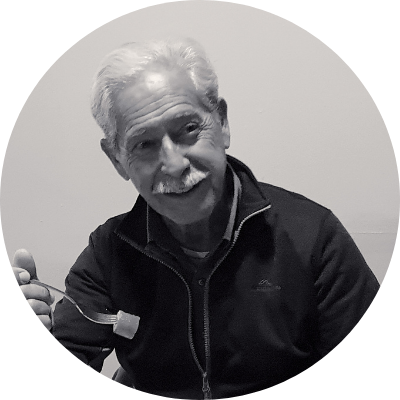 Joacquin “I live at a local community house. I’m on my own there quite a bit, and it gets lonely. I feel really welcome and at home here. The people eating and serving have so much to share, especially the older people. It’s food for the body and for the spirit.”
Joacquin “I live at a local community house. I’m on my own there quite a bit, and it gets lonely. I feel really welcome and at home here. The people eating and serving have so much to share, especially the older people. It’s food for the body and for the spirit.”
 Irene “I come here regularly because I love that they rescue food. It’s phenomenal how much gets wasted. If someone told you to throw away 30% of the food you’d grown in your own garden, you just wouldn’t do it. The lamb is first class, and the food here is restaurant quality.”
Irene “I come here regularly because I love that they rescue food. It’s phenomenal how much gets wasted. If someone told you to throw away 30% of the food you’d grown in your own garden, you just wouldn’t do it. The lamb is first class, and the food here is restaurant quality.”
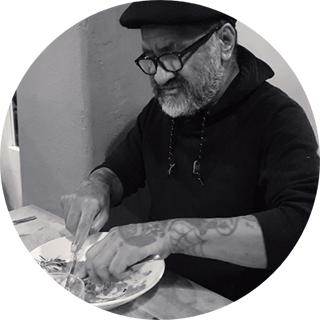 Daniel “This is a safe place for me. It’s taught me how to engage and come out of my shell. Everyone is so welcoming. I’m used to food that comes out of a tin, and I like trying food I haven’t eaten before. I didn’t know vegetables could taste so good.”
Daniel “This is a safe place for me. It’s taught me how to engage and come out of my shell. Everyone is so welcoming. I’m used to food that comes out of a tin, and I like trying food I haven’t eaten before. I didn’t know vegetables could taste so good.”
A colossal waste problem
Every year, an estimated 1.3 billion tonnes of food – a third of all food produced for human consumption goes to waste, according to the UN Food and Agriculture Organization. Much of this ends up in landfill, where it produces harmful greenhouse gases.
As refuse trucks continue to dump their edible loads, one in five Kiwi kids live in households that experience food poverty, according to research by the Child Poverty Action Group.
Everybody Eats receives donations from a range of food distributors and retailers and rarely turns down offers of surplus produce from farmer’s markets.
“We work with a number of food rescue charities like Kiwi Harvest, Kaibosh and Good Neighbour, who’ve been under huge pressure since COVID-19 hit. We also rescue our own food from New World, City Produce and other businesses wanting to do the right thing with food they don’t sell,” says Nick.
A community eatery with a difference
Diners come to Everybody Eats for various reasons, Nick says. Some struggle to feed their families, others crave company and there are plenty of guests who are simply indignant about food waste and want to play their part.
“There’s this perception that you have to be vulnerable to dine here, which couldn’t be further from the truth. Paying customers help us cover our running costs, and everyone who eats a plate of our food is helping to prevent food waste,” he says.
Nick is passionate about the power of food to bring people together and providing a restaurant experience for people who may never have dined out before.
“All of our customers are treated the same, whether they’re paying or not. Some are dealing with social isolation and it can genuinely turn their day around to mingle with other diners and be made to feel special by our amazing volunteers.”
Know someone who might enjoy this?
Read this next
-
March 2021
Manaakitanga – more than just hospitality
-
March 2021
Candles for a cause
-
July 2021
Now I can finally smile
-
July 2021
Taking care of teddy
Good living
See all-
March 2021
In review
-
March 2021
Land, sea and myth: Revisiting Hawke's Bay
-
March 2021
Manaakitanga – more than just hospitality
-
July 2021
In review
